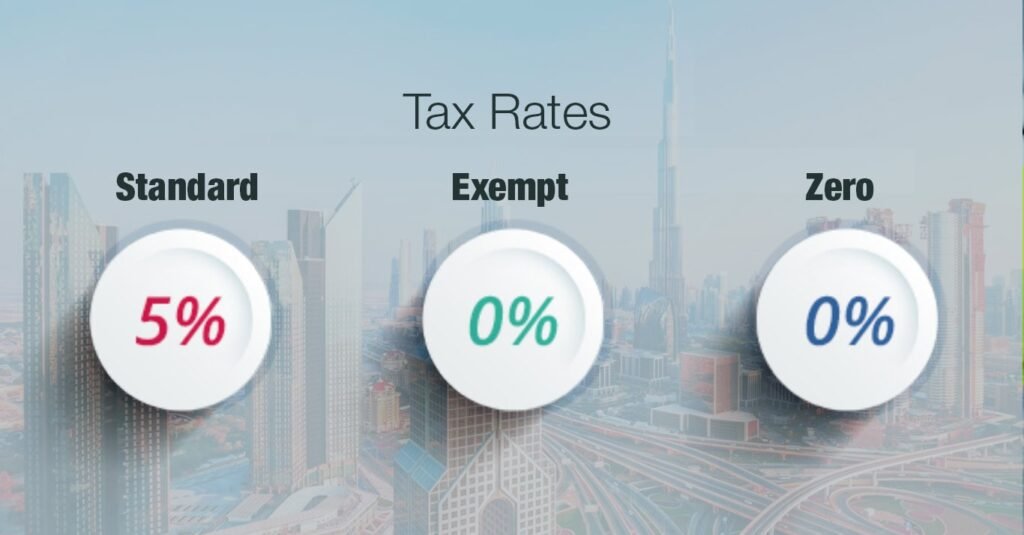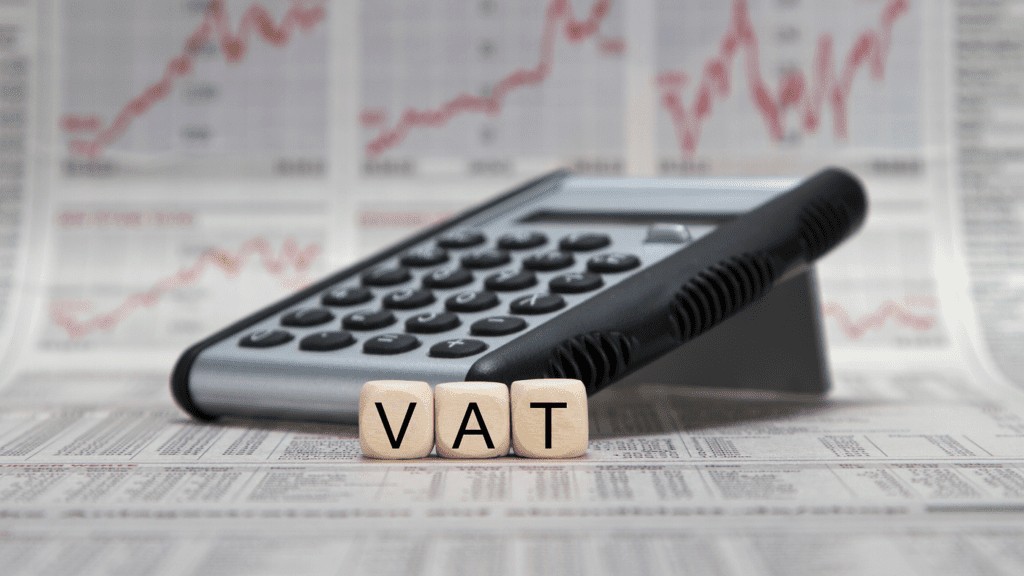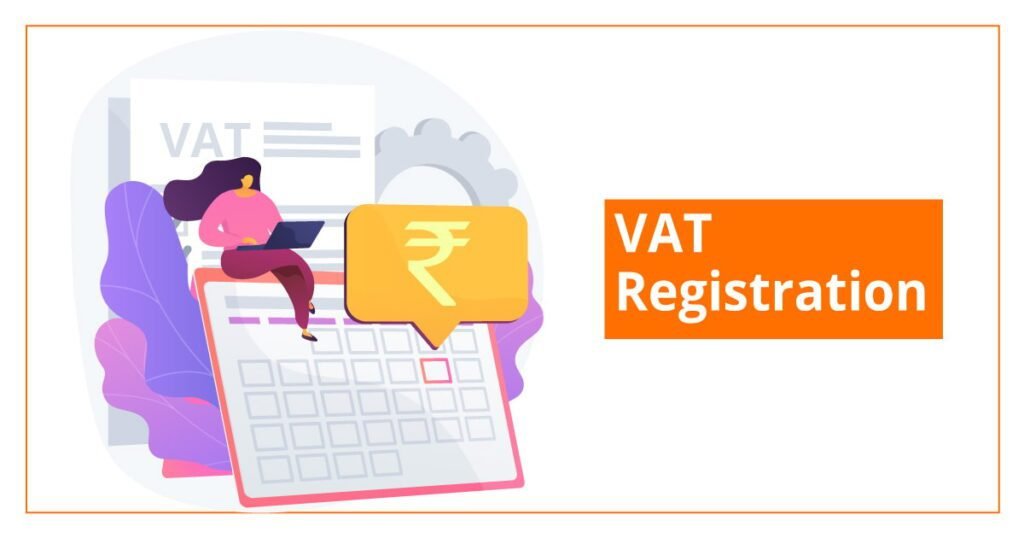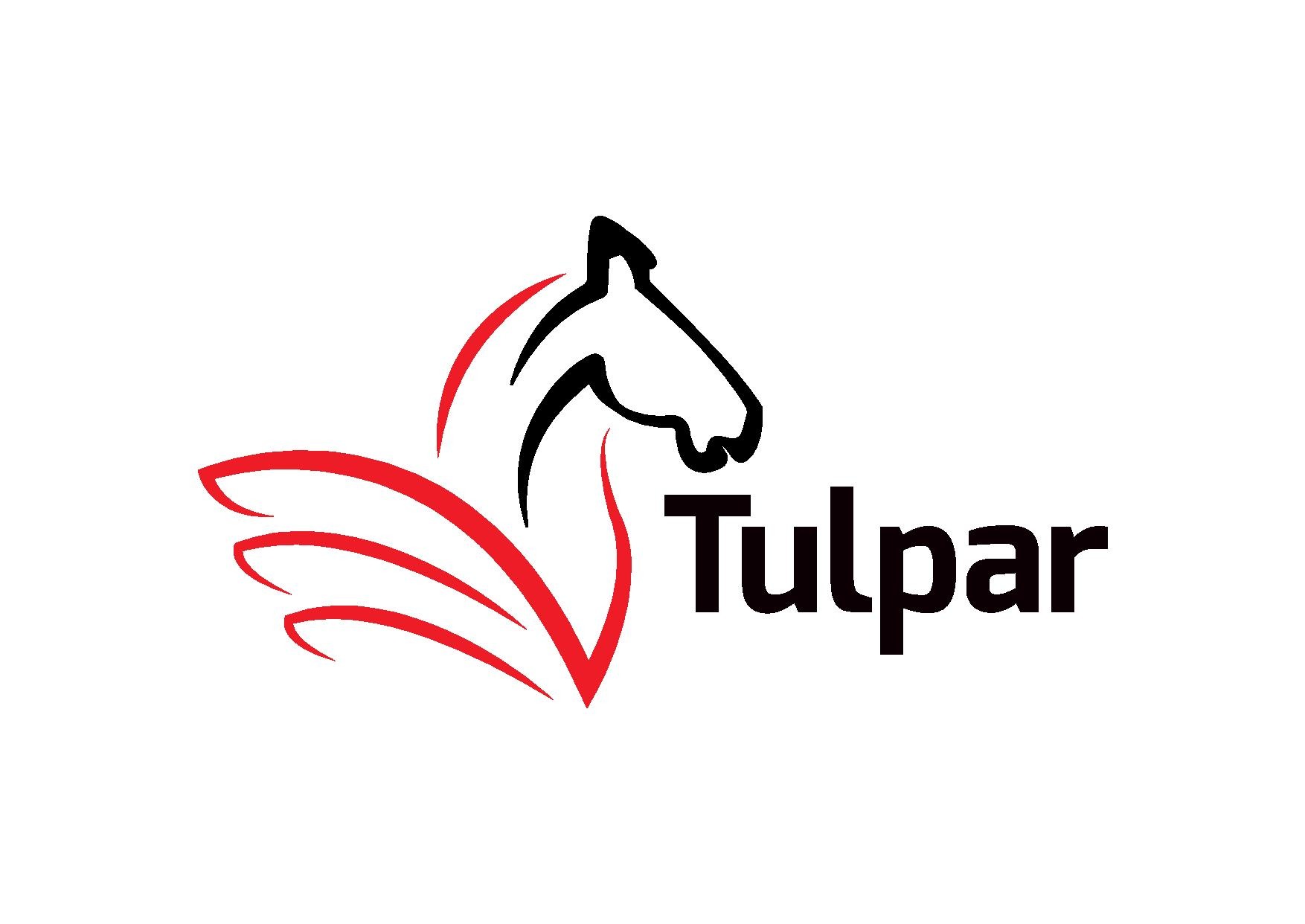Share
Table of Contents

While the United Arab Emirates (UAE) government enforces a standard 5% Value-Added Tax (VAT) on most goods and services through the Federal Tax Authority, there is a notable exception for exports. Specifically, certain goods and services exported from the UAE are subject to a 0% VAT rate. This zero-rated supply status is designed to encourage international trade by exempting these exports from the VAT typically applied within the country.
However, navigating the intricacies of UAE’s tax laws to determine which supplies qualify for this zero rate can be challenging. That’s where professional tax consultants and firms become essential. In this blog post, we’ll delve into the specifics of zero-rated supplies in the UAE, exploring why they are implemented and clarifying which products and services benefit from this tax status.
What are Zero-Rated Supplies?

Zero-rated supplies are goods and services sold at a VAT rate of 0%, meaning no VAT is charged to the end consumer. This approach is designed to boost specific transactions, such as international exports, by making UAE products more competitive globally. Zero-rated supplies include exports, international transport services, certain international services, educational materials, and specific healthcare services.
Businesses providing zero-rated supplies can reclaim the VAT on their inputs, which helps reduce their overall tax burden. This tax treatment supports sectors crucial to economic growth and international trade while ensuring compliance with UAE VAT regulations.
Impact of Zero-rated Supplies on Businesses

Here are the impacts of zero-rated supplies on businesses:
Enhanced Competitiveness: Zero-rated supplies, such as exports and certain international services, reduce the effective VAT burden on goods and services. This helps businesses offer more competitive pricing in global markets, as the VAT cost is not passed on to foreign customers. This can be crucial for businesses aiming to expand their market presence internationally.
VAT Reclamation: Businesses involved in zero-rated supplies can reclaim VAT on inputs related to these supplies. This means that the VAT paid on goods and services used to produce zero-rated items can be refunded or offset against other VAT liabilities. This reclamation process helps to reduce overall operational costs and improves cash flow, as businesses are not financially burdened by VAT on their production costs.
Encourages Trade: Zero-rating certain transactions, such as exports and international transport services, incentivizes businesses to engage in international trade. By reducing the VAT cost on exported goods and services, the UAE government aims to boost its trade balance and support businesses in accessing global markets, contributing to economic growth.
Complex Compliance: Managing zero-rated supplies involves navigating complex VAT regulations. Businesses must accurately classify and document zero-rated transactions to ensure compliance. This can be challenging, as it requires a thorough understanding of VAT laws and careful record-keeping to avoid errors and potential penalties.
Professional Guidance: Given the complexities of VAT regulations, businesses often need to seek advice from tax professionals to effectively manage zero-rated supplies. Professional guidance helps ensure that businesses comply with all regulatory requirements, correctly apply zero-rating provisions, and optimize their VAT position. This support can be critical in avoiding compliance issues and maximizing the financial benefits associated with zero-rated supplies.
What's the Difference Between Standard, Zero-Rated, and Exempt Supplies

Understanding the differences between standard, zero-rated, and exempt supplies is crucial for navigating VAT regulations effectively. Here’s how they differ:
Standard Supplies
Standard Supplies refer to goods and services that are subject to the regular VAT rate, which is 5% in the UAE within the standard tax period. This standard rate applies to the majority of transactions unless specifically exempted or zero-rated by law. Businesses are required to charge VAT on these supplies at the applicable rate and subsequently remit this collected VAT to the tax authorities.
Furthermore, businesses can reclaim input tax used to produce standard supplies, helping to offset the VAT they collect on sales and manage their tax liabilities effectively.
Zero-Rated Supplies
Zero-Rated Supplies refer to the taxable supply or goods and services that are taxed at a VAT rate of 0%. Although no VAT is charged to the end consumer for zero-rated supplies, businesses must still properly document and report these transactions. This category typically includes exports, international transport services, and certain other goods or services as defined by tax regulations.
One of the key benefits of zero-rated supplies is that businesses can reclaim VAT on inputs related to these supplies. This reclamation helps reduce operational costs and improves cash flow, as the VAT paid on production costs can be recovered.
Exempt Supplies
Exempt Supplies are transactions that are not subject to VAT at all. This means that no VAT is charged to the end consumer for exempt supplies, which often include specific financial services, insurance services, and certain healthcare or educational services. Businesses do not collect VAT on these supplies, but they also cannot reclaim VAT on inputs related to exempt supplies.
This lack of input VAT recovery can increase overall operational costs, as the VAT paid on inputs cannot be offset against VAT collected on other transactions. The inability to recover input VAT on exempt supplies can impact a business’s tax efficiency and financial management.
In summary, while standard supplies involve charging and collecting VAT at the regular rate, zero-rated supplies apply a 0% VAT rate but allow for input VAT reclamation. Exempt supplies do not involve VAT collection or reclamation, which can impact the overall tax efficiency of a business.
What Taxable Supplies are Regarded as Zero-rated VAT Supplies

In the UAE, certain taxable supplies are regarded as zero-rated VAT supplies, meaning they are subject to a 0% VAT rate. Here are some of the key categories of such supplies:
1. Exports of Goods and Services:
Exports from the UAE are typically zero-rated. This includes goods shipped outside the UAE and services provided to non-residents that are consumed outside the country. The zero rating for exports helps ensure UAE products remain competitive in international markets.
2. International Transport Services:
Services related to the international transportation of passengers and goods are zero-rated. This covers flights, shipping, and other forms of transport that cross international borders, making it easier for businesses involved in global logistics and travel to manage their tax liabilities.
3. Certain Healthcare Services:
Medical services and related goods provided by healthcare institutions are zero-rated. This includes preventive and basic healthcare services, medical treatments, and supplies like medications and medical equipment, making healthcare more affordable for consumers.
4. Educational Services:
Some education services and related goods are zero-rated. This includes tuition fees and educational materials provided by certain educational services, thereby supporting access to education and reducing costs for students and families.
5. Investment in Precious Metals:
Supplies of investment-grade precious metals (such as gold, silver, and platinum) that meet specified purity levels are zero-rated. This classification helps facilitate trade in precious metals by reducing the tax burden on these transactions.
6. Newly Constructed Residential Properties:
The first supply of newly constructed residential buildings or properties within three years of their completion is zero-rated. This provision aims to support the real estate market by making new homes more affordable for buyers.
7. Oil and Gas:
The supply of crude oil and natural gas is zero-rated, reflecting the strategic importance of these resources to the UAE economy and ensuring that the VAT burden does not hinder their trade.
By zero-rating these specific supplies, the UAE government aims to encourage economic activity in key sectors, promote international trade, and ensure the affordability of essential services like healthcare and education. Businesses involved in these areas benefit from the ability to reclaim VAT on their inputs, thereby reducing their overall tax burden and improving financial efficiency.
Criteria for Zero-rated VAT Treatment
The criteria for zero-rated VAT treatment in the UAE are specific and require strict adherence to ensure compliance. Here are the key criteria that must be met for supplies to qualify for zero-rated VAT treatment:
Exports of Goods: Goods must be physically transported out of the UAE, with evidence such as customs documentation and invoices. The export should occur within 90 days from the supply date.
Exports of Services: Services supplied to and consumed by a recipient outside the UAE can be zero-rated. The supplier must maintain evidence that the recipient is outside the UAE during the service provision.
International Transport Services: Zero-rated if related to transporting passengers or goods internationally. Documentation like transport contracts and shipping documents is required.
Healthcare Services: Medical services provided by licensed institutions and professionals, focusing on preventive or basic health services, are zero-rated. The supplier must be appropriately licensed.
Educational Services: Zero-rated when provided by recognized or licensed institutions like schools and universities, including tuition fees and related educational materials.
Investment in Precious Metals: Precious metals such as gold, silver, and platinum must meet specified purity levels (99% or more for gold and platinum, 99.9% for silver) and be supported by assay certificates.
Newly Constructed Residential Properties: The first supply within three years of completion is zero-rated for sales or leases, provided the property is new and meets the definition of residential property under VAT regulations.
Oil and Gas Supplies: Supplies of crude oil and natural gas are zero-rated, with evidence meeting the definitions in VAT legislation.
Adhering to these criteria ensures that supplies are correctly classified as zero-rated, allowing businesses to reclaim VAT on inputs and stay compliant with UAE VAT regulations. Proper documentation is essential to support zero-rated claims and avoid disputes with tax authorities.
What are Out-of-Scope Supplies?

Out-of-scope supplies refer to transactions outside the jurisdiction of VAT regulations, meaning they are neither taxed nor reported for VAT purposes. Examples include sales of goods or services outside the UAE, transactions between entities in free zones with specific VAT exemptions, and certain non-business activities. No VAT is charged or reclaimed on out-of-scope supplies.
In contrast, zero-rated supplies are taxable but subject to a 0% VAT rate. This means no VAT is charged to the consumer, but businesses can reclaim VAT on inputs related to these supplies. Zero-rated supplies include exports and certain international services, unlike out-of-scope supplies which are entirely outside VAT regulations.
VAT Registration For Zero-rated Supplies

The VAT registration process for zero-rated supplies in the UAE involves several specific steps to ensure compliance with the regulations set forth by the Federal Tax Authority (FTA). Here’s how it works:
VAT Registration Process for Zero-Rated Supplies
1. Determine Eligibility: Businesses must assess whether they are required to register for VAT. If the total value of their taxable supplies and imports (including zero-rated supplies) exceeds AED 375,000 in the previous 12 months or is expected to exceed this threshold in the next 30 days, VAT registration is mandatory. Voluntary registration is possible for businesses with taxable supplies and imports exceeding AED 187,500 annually.
2. Gather Required Documentation: To register for VAT, businesses need to prepare and gather the following documentation:
Trade license(s)
Passport and Emirates ID copies of the business owner(s) or manager(s)
Proof of business activity
Turnover records (financial statements or invoices)
Import/export documentation if applicable
Bank account details
3. Create an e-Services Account: Businesses must create an e-Services account on the FTA website. This involves providing basic information about the business and creating login credentials.
4. Complete the VAT Registration Form: Once the e-Services account is created, businesses can access the VAT registration form. The form requires detailed information about the business, including:
Business activities and sector
Details of owners or partners
Contact information
Bank account details
Expected turnover and taxable supplies
Information on imports and exports
5. Specify Zero-Rated Supplies: When completing the VAT registration form, businesses must indicate if they deal in zero-rated supplies. This involves specifying the nature of the zero-rated supplies (e.g., exports, international transport services) and providing relevant documentation to support the zero-rated status.
6. Submit the Application: After completing the form, businesses must apply through the FTA portal. The FTA may request additional information or documentation to verify the details provided.
7. Receive VAT Registration Certificate: Upon successful registration, the FTA issues a VAT registration certificate with a unique Tax Registration Number (TRN). This certificate confirms the business’s VAT registration status and allows it to charge VAT on supplies and reclaim input VAT.
8. File VAT Returns: Registered businesses must file periodic VAT returns, typically quarterly, through the FTA e-Services portal. These returns must detail all taxable supplies, including zero-rated supplies, and the input VAT that can be reclaimed. Proper record-keeping is essential to substantiate zero-rated claims.
By following these steps, businesses dealing with zero-rated supplies can effectively navigate the VAT registration process in the UAE, ensuring compliance and maximizing the benefits of zero-rating, such as reclaiming input VAT.
Get Professional Assistance With Tulpar

Navigating the complexities of VAT registration and compliance can be challenging, especially for businesses dealing with zero-rated supplies. Tulpar offers expert assistance to streamline this process. Our team of seasoned tax professionals ensures accurate VAT registration, meticulous record-keeping, and timely filing of VAT returns. We provide tailored solutions to meet your business needs, helping you reclaim input VAT and maintain compliance with UAE tax regulations. Trust Tulpar to handle your VAT and corporate tax requirements efficiently, allowing you to focus on growing your business. Partner with us for reliable, professional support in managing your VAT obligations.

